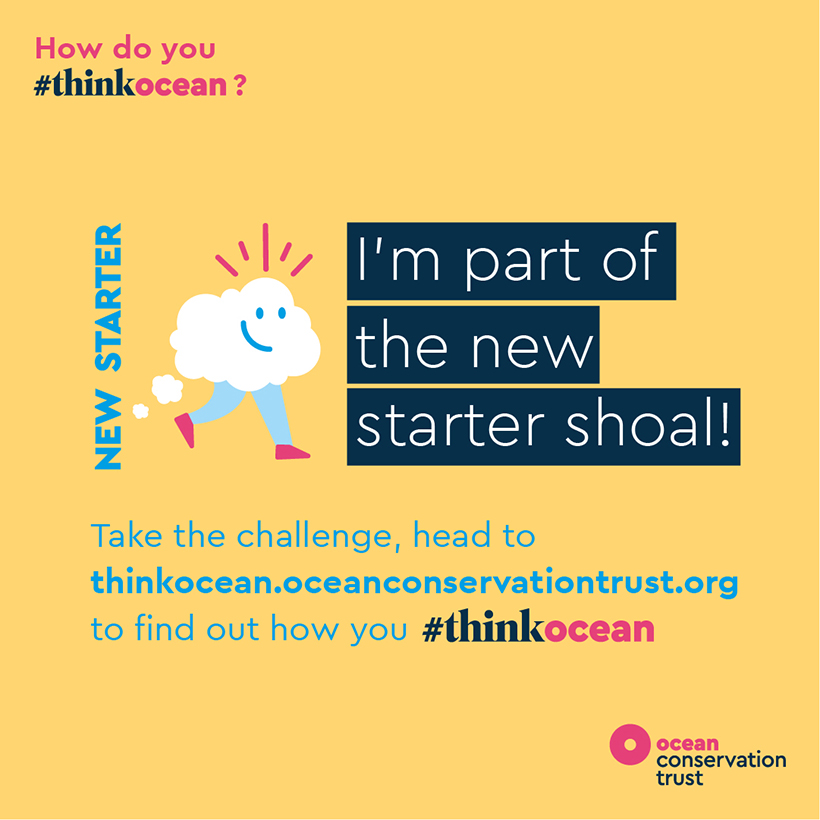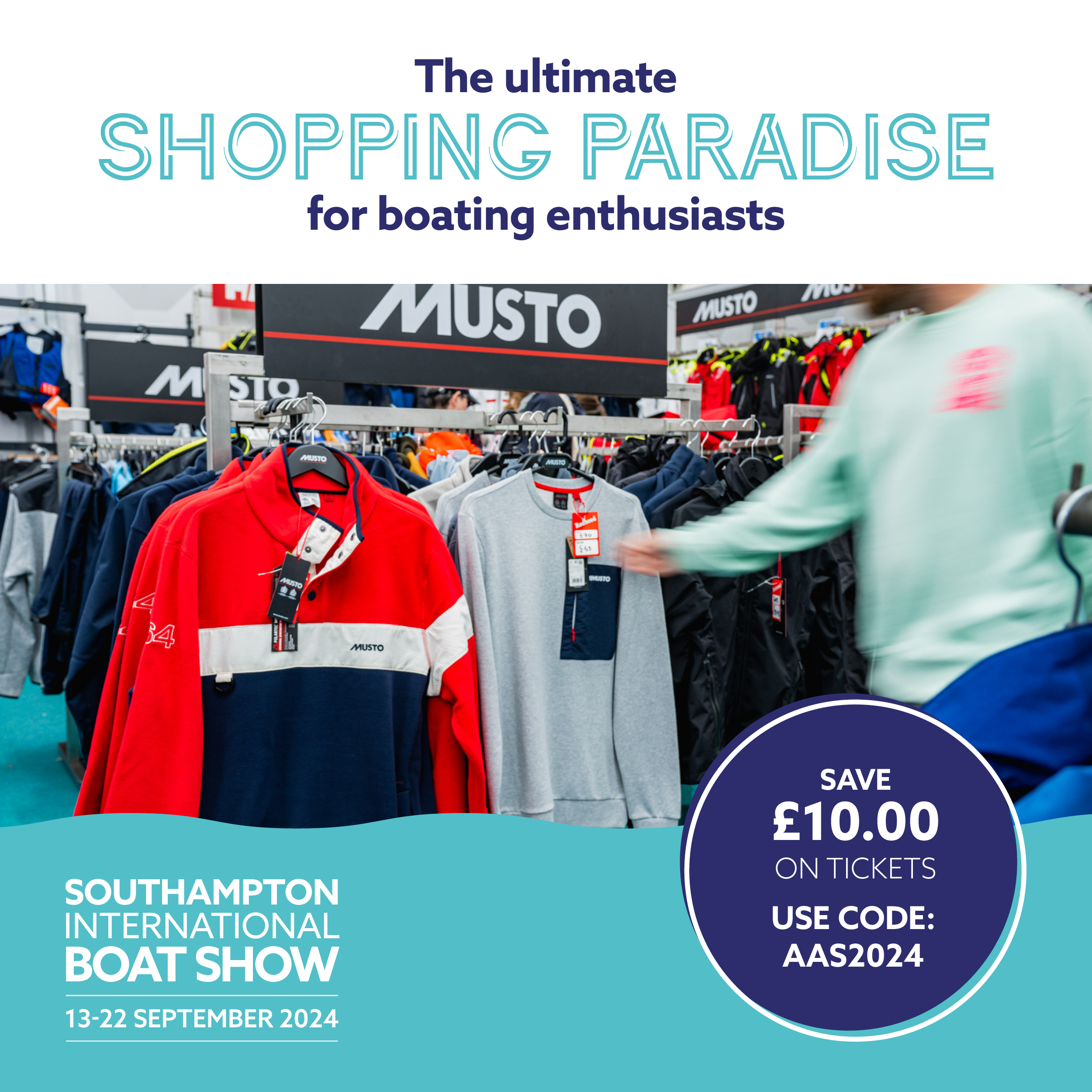To coincide with the school summer holidays, the Ocean Conservation Trust has launched its #ThinkOcean Challenge.
The results of a fun eight-question quiz will reveal how people understand and view the Ocean. Personality categories include: Head, Heart, Hands or New Starter.
By understanding how someone thinks and feels about the Ocean, the Ocean Conservation Trust then offers optimistic actions that are specific to the different personality types, offering inspiration to people to connect with the Ocean and suggesting ways to protect it.
The #Thinkocean Challenge is a fun way to help people understand how their personality type can lead to important pro-Ocean behaviours. Each pro-Ocean habit that is recommended can be carried out during day-to-day life and directly benefits the Ocean.
OCT’s Head of Conservation Education and Communications, Nicola Bridge says:
“Learning how someone interacts with and thinks about the Ocean is crucially important in understanding how that individual can get involved in Ocean conservation. The #ThinkOcean challenge targets young people’s strengths and encourages them to use their natural abilities for good.”
Head
If results suggest someone uses their head to engage with the Ocean, this means they naturally enjoy learning and discovering new things and can use this skill to recognise that the threats to the Ocean will also impact themselves.
Suggested pro-Ocean actions: Signing petitions or researching who to bank or buy with.
Heart
For those who think with their Heart, these people love the Ocean, visit it when they can and understand nature’s restorative benefits.
Suggested pro-Ocean actions: Thinking about diet and reducing meat as well as rewilding a green space.
Hands
If results show someone ‘thinks Ocean’ with their Hands, this means they tend to enjoy Ocean activities and use it as a creative space. This group visits the Ocean to have fun and feels they have a responsibility to protect it.
Suggested pro-Ocean actions: Volunteering or raising money for charity.
New Starter
If a person is new to Ocean conservation, they are deemed a New Starter and the Ocean Conservation Trust will help them develop throughout their #thinkOcean journey.
Suggested pro-Ocean actions: Visiting the Ocean or reducing plastic packaging.
OCT’s Head of Conservation Education and Communications, Nicola Bridge continues: “If we want to protect our Ocean, we need to start with people. So, we’re trying to find out how different people think and feel about the ocean through our #Thinkocean Challenge. By doing so we can engage with as many people as possible with ocean optimistic action to have a positive impact on the future of our Ocean.”
Alongside inspiring young people, the OCT will also be using the Challenge’s results to curate their pro-Ocean behaviour programmes for the next decade.
To take part in the #thinkOcean Challenge please follow the link:




















